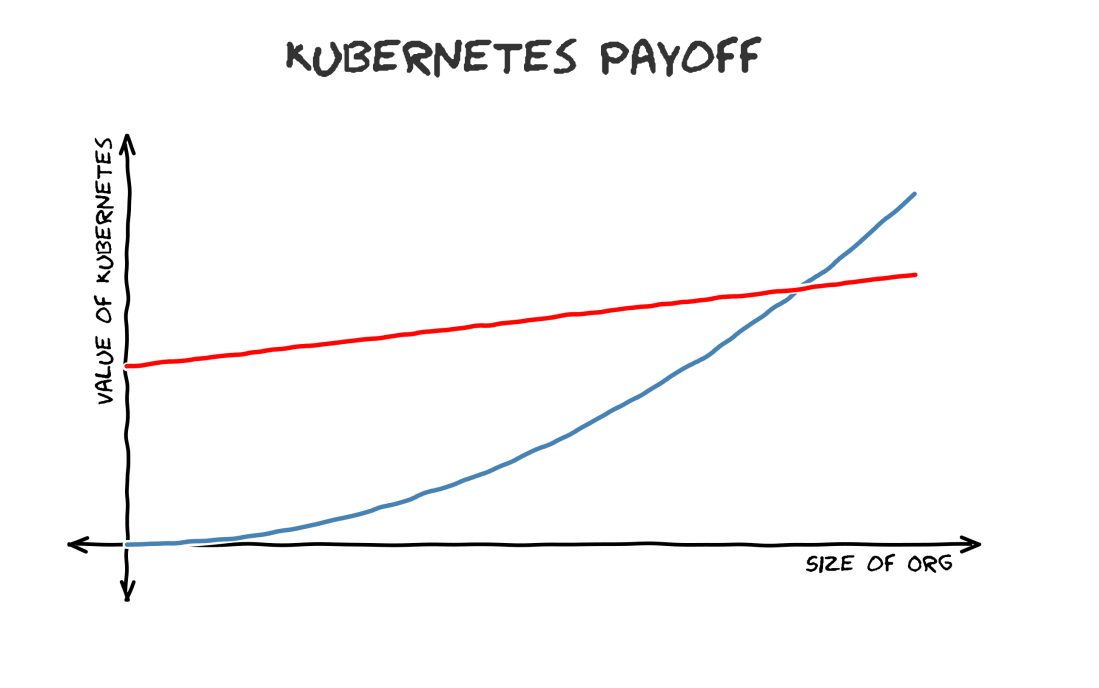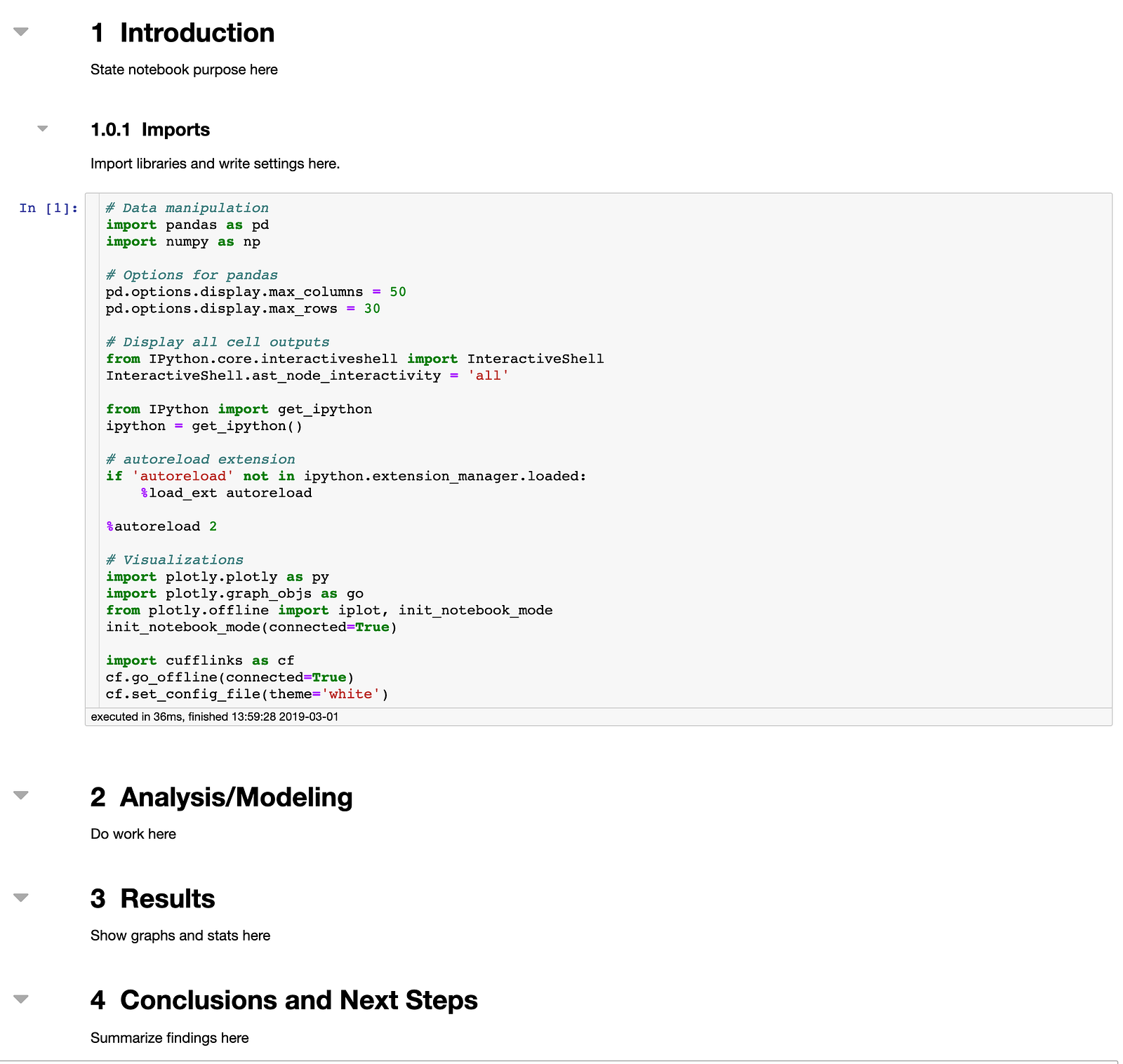Sections
[avatar user=”malm” size=”small” align=”left” link=”file” /]
“The medium is the message” – Marshall McLuhan
Medium and the Message
Medium.com rather than being the message offers a platform to a wildly broad picaresque deluge of messages in the form of blog posts on almost every conceivable topic for you to figure out yourself. Here you’ll find posts urging political resistance against AI surveillance in your feed mixed together with a slew of half-cooked excited newbie machine learning recipes. This one surveys scarves, face paint and glasses that can fool state of the art image recognition systems. We already knew it didn’t take a lot to do so meaning an arms race was inevitable. Having said that, these glasses are about as inconspicuous as Elton John:

You never really know whether what you’re getting is current or dated. It’s a great big recycling machine with old posts presented as is to look current.
The overall tone generated is a low constant hum of worry. Maybe that’s just me and my feed. Thanks to the omnipotent recommendation algorithm what gets served to you is a reflection of what you’ve been most recently reading. In my case, I get an exhortation to follow Thomas Aquinas and “choose the kind fear you will suffer“ which means avoiding the path of the techno-utopian and being more of a pessimist and skeptic:
all tech optimism, insofar as it promotes an exchange of ownership for rent, is wrong. There will be no happy future. There will be a worried, anxious population nervously checking their phones, suppressing a fear of looming disaster, their lives held in the hands of corporate monopolies that will, eventually, screw up. The current obsession with apocalyptic thinking in art, politics, and even business is no accident — it is simply what a certain accumulated threat level of disaster feels like to the human psyche.
Relatedly, following on from the last newsletter leading on status anxiety, it’s no surprise to be served up “social media is the new smoking“, a post which proposes a similar type of punishment for purveyors of notif-otine as inflicted on nicotine merchants over the last 30 years:
Mandated warnings on their sites, combined with public awareness campaigns, perhaps funded through taxes on social media companies, might be the way to mitigate some of the damage resulting from social media.
As ever, the source article referred to in the Medium one is a much more powerful and rewarding read. It dissects how global reach, absence of moral compass and lack of effective supervision of the social media titans effectively enabled the live-streamed murders in New Zealand that dominated the news this week:
As we have seen countless times in the past few years, the ready availability of material and entrancing images led to the immediate abandonment of any effort to restrict what content was made available. This, in turn, has created the very attention that the shooter expected and craved and which – let’s be clear – makes it an absolute certainty that some other disturbed individual somewhere on the internet will be driven to act just as destructively in future.
Artificial Intelligence
Google have announced an RNN based speech recognition engine small enough to fit onto a mobile phone which cuts out the latency involved in communicating with a server endpoint:
This means no more network latency or spottiness — the new recognizer is always available, even when you are offline. The model works at the character level, so that as you speak, it outputs words character-by-character, just as if someone was typing out what you say in real-time, and exactly as you’d expect from a keyboard dictation system.

The Economist asks 5 years on from Google’s acquisition of Deep Mind who’s in charge. Deep Mind founder Demis Hassabis remains driven to “solve intelligence” and create the world’s first Artificial General Intelligence (AGI). However, in spite of spectacular successes along the way like AlphaGo and great PR, Deep Mind faces tremendous challenges ahead. Not least the fact that its approach is based on high performance in carefully constructed simulated environments with strong reward signals. Real life environments are much more ambiguous and complex than that. It remains possible that Deep Mind will eventually be reined in by their parent if AGI remains a pipe dream.
Apple
Rolling Stone profile Apple’s Garageband which they call “the Little App Ruling the Sound of Modern Music“. Introduced by Steve Jobs 15 years ago, Garageband was intended to “democratize music-making” which arguably it has done. Artists from Radiohead to Dr Dre and Rihanna have all used it. There is of course a downside. Expectations of turnaround have increased as well. And what comes out has a characteristic sound. Turns out that democratising music risks ending up with the generic sameness, a “compression to the idea of what is possible“

It’s a concept that arguably applies increasingly to the whole of Apple. The company seems to be evolving towards becoming a big content and services brand not just a devices company in a curious echo of the journey attempted by many other leaders in the devices space notably Sony. In doing so the emphasis will shift from the company and its products to a broader ecosystem of synergies:
Part of the reason the presentation felt so different is because it was as much about other companies as it was about Apple. It was about Apple putting an Apple wrapper on a bunch of content and services made by third parties.
Cloud
AWS vs Kubernetes is the new Windows vs Linux. What AWS has going for it is the simple clarity and “just works” speed of a closed-box proposition. It also, of course, has identity lock-in through IAM:
EKS (like all AWS services) is heavily integrated with AWS IAM. As most people know, IAM is the true source of AWS lock-in (and Lambda is the lock-in technology par excellence. You can’t move a server if there are none you can see).
Shifting your identity management is pretty much the last thing any organisation wants to do. Asking your CTO to argue for a fundamental change to a core security system with less than zero benefit to the business in the near term and lots of risk is not a career-enhancing move.
Even so, the biggest threat remains that the Kubernetes camp get their act together and produce the “Debian” of the k8s world:

Security
Updating your device firmware is important to ensure you have the latest manufacture software patches installed. But what if their update mechanism itself is compromised? That’s what happened recently with Asus when up to half a million of their Windows machines were compromised in an audacious so-called “supply chain” attack:
Although most attention on supply-chain attacks focuses on the potential for malicious implants to be added to hardware or software during manufacturing, vendor software updates are an ideal way for attackers to deliver malware to systems after they’re sold, because customers trust vendor updates, especially if they’re signed with a vendor’s legitimate digital certificate.
With smart speakers, there are additional reasons for concern around security. Firstly the functionality of such devices makes them rich targets for third party actors. Then there is the issue of whether you can really trust the device manufacturers themselves:
By buying a smart speaker, you’re effectively paying money to let a huge tech company surveil you
It’s sobering to think that state organisations such as the East German Stasi could only have dreamed of having this sort of access to listen in on ordinary households.

Software
Adventures with a 25 year old Psion 3a and its proprietary serial cable leading to YMODEM file transfer of a PostScript file via the old Psion Comms app.
Using Python to hack ELF files for fun and profit.
# sections.py
from elftools.elf.elffile import ELFFile
with open('./chall.elf','rb') as f:
ELFFile(f)
for section in e.iter_sections():
print(hex(section['sh_addr']), section.name)
Reading other people’s code effectively is a skill that’s important to cultivate and improves with progressive exposure to examples:
The best way I’ve ever discovered to read and understand someone else’s code is to find one thing you know the code does, and trace those actions backward, starting at the end.
The Setup extension is intended to support you in setting up your Jupyter environment optimally for a literate programming style by creating a template for your Notebook:

Engineering Management
Engineering management is all about the team and what makes it rather than the manager successful. Glory can only be reflected for any individual in the role if it is being performed truly well. However it is important to be aware of the need for a manager to help guide the team with focus and purpose:
An important thing to note here is that I have to balance being supportive with bias to action. An effective leader helps the team make decisions; an authoritative figure makes the decisions for the team. In most cases, it’s impossible to get everyone to come to a consensus. If I lean too much in the supportive direction and am unwilling to make any side unhappy, then the whole team fails to move forward.
Katherine Kirk offers tremendous insights into hows tech leaders can combat the inevitable perils of hierarchy and politics in the work environment by getting out of the way and avoiding ingrained escalatory reaction. Her ideas stem from the application of Eastern Philosophy to the world of tech:
Extinction Events
David Attenborough isn’t sure we can save the natural world but at 92 he’s going to carry on trying and rages insistently and eloquently against the dying of the light. A new 8-part series called Our Planet goes out on Netflix in April:
The Day the Dinosaurs Died is a tremendous pacey read, a modern-day Indiana Jones trying to uncover the truth behind the asteroid collision that nearly wiped out life on earth 66 million years ago:
Today, the layer of debris, ash, and soot deposited by the asteroid strike is preserved in the Earth’s sediment as a stripe of black about the thickness of a notebook. This is called the KT boundary, because it marks the dividing line between the Cretaceous period and the Tertiary period

Culture and Society
20 years on, the balletic “Bullet Time” opening fight scene in the Matrix is fondly recalled and still considered as the movie that “changed everything”:
However, back in the real world, bullets really do kill all too horrifically. The Guardian published the full names and background of all 52 people killed in the New Zealand mosque attacks. It’s important that everyone try and absorb and understand the tragedy of the loss of these individuals.
Brexit
A brutal piece in the NYT on how “Britain Is Drowning Itself in Nostalgia” with Brexit fantasies. The paper has been increasingly calling it right on what’s going on. It takes an outsider looking in to see what’s really at risk, the things that actually make us British like tolerance and humanity:
Cups of tea will neither turn back time nor show us, in their cold and increasingly bitter leaves, the future we’ve failed to imagine: a future in which what limited achievements we might have been proud of — our system of social care, our commitment to protecting the people least able to protect themselves — lie in ruins, and all we can do is sit in the dark, paying our favorite celebrities to chant to us, over and over again, our tattered mantra of virtue.